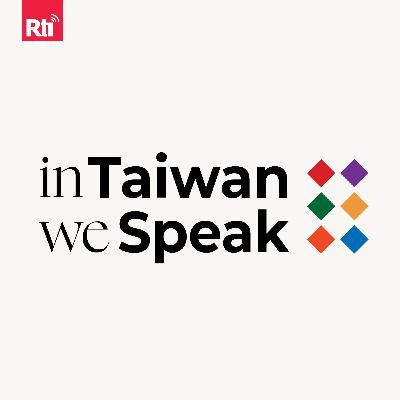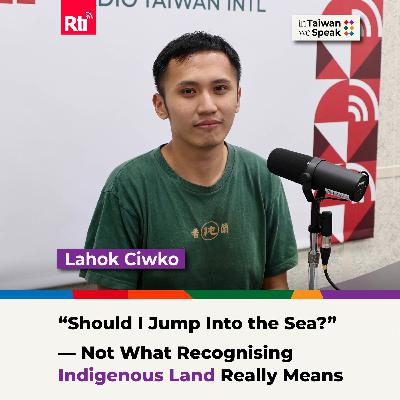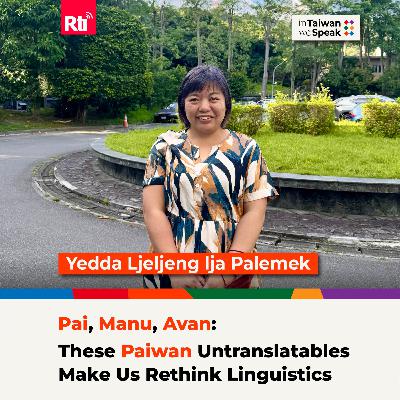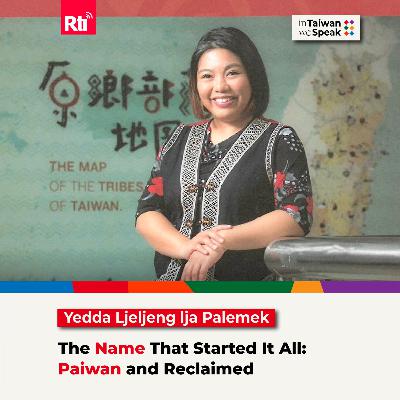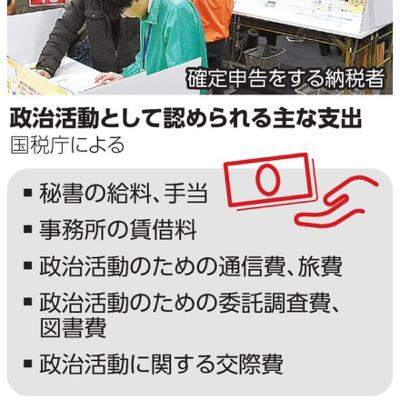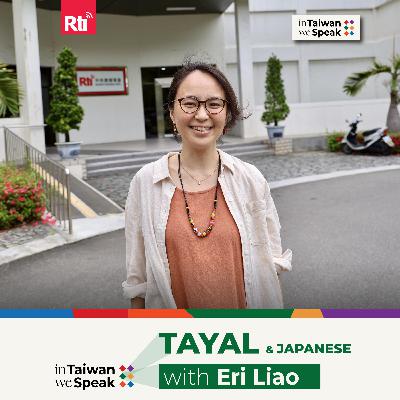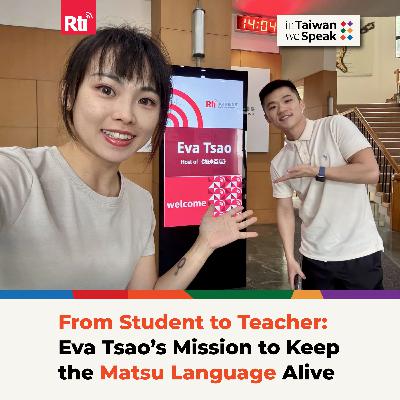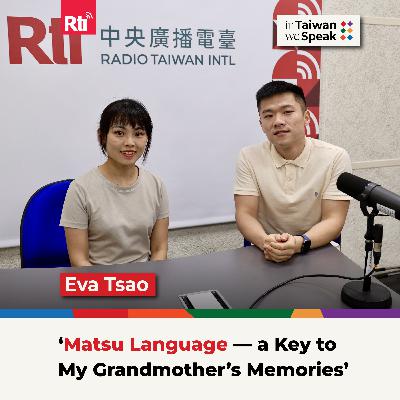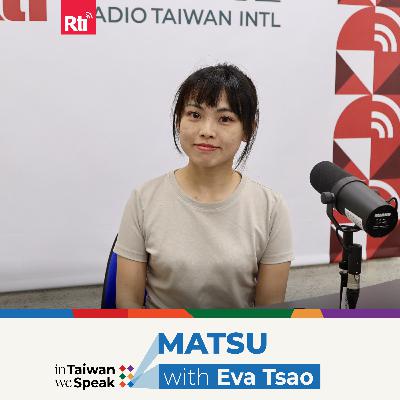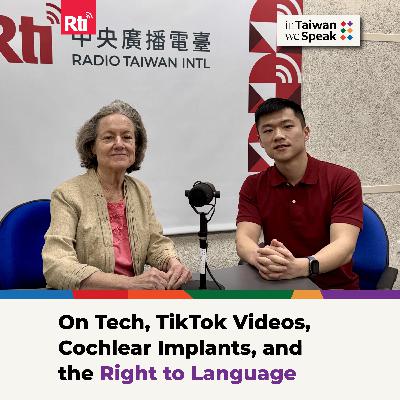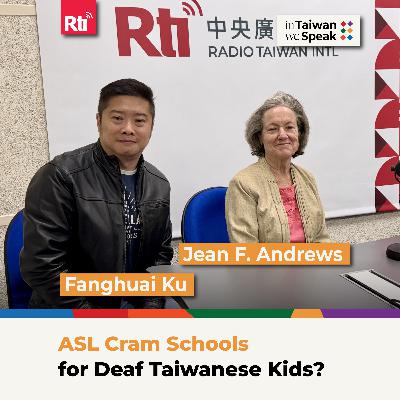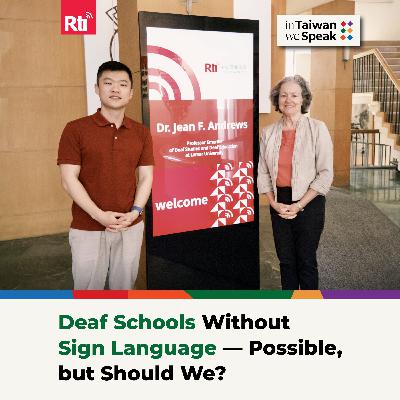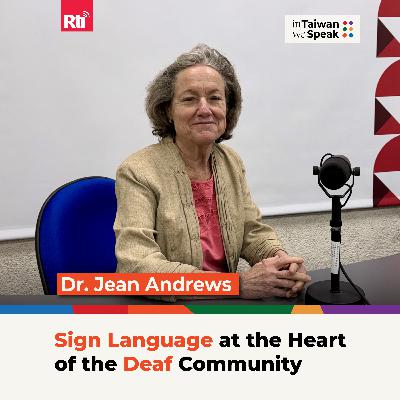Discover In Taiwan We Speak
In Taiwan We Speak

69 Episodes
Reverse
Olek says bye-bye and thanks all the guests and listeners who gave this podcast so much meaning.Find #InTaiwanWeSpeak on: 🎧 Your podcasts 🎙️ YouTube 📸 Social channels
A taciturn woman named Free Church disrupts a warm Scottish celebration, while a Taiwanese goddess unsettles an entire village with her sudden disappearance.These stories reveal both the distance between Scotland and Taiwan and the shared struggles of preserving (and letting go of) estranged cultural norms, languages, and identities once deeply felt as one’s own.In the second part of our conversation, Will Buckingham takes us from Dundee to Tainan, a migration that inspired ‘Tâigael'.📚 Tâigael: Stories from Taiwanese & Gaelic (eds. Will Buckingham & Hannah Stevens | Wind&Bones)📚 Find the book and enjoy free audio stories at taigael(dot)comFind #InTaiwanWeSpeak on: 🎧 Your podcasts 🎙️ YouTube 📸 Social channelsCome back for new episodes every Tuesday at 21:00 (Taipei, GMT+8). Share your feedback and help mainstream the conversation!
Tâigael is a groundbreaking book linking two distant worlds — Taiwan and Scotland. It features four original stories written in native tongues, translated across four languages and five scripts, brought together by two British publishers based in Tainan.The book’s co-editor, Will Buckingham, joins us to share how the idea came to life, why its Tâigí stories use two different writing systems, and how only a Taiwanese-sourced font could make the book’s design possible.📚 Find the book and enjoy free audio stories at taigael.com📚 Tâigael: Stories from Taiwanese & Gaelic (eds. Will Buckingham & Hannah Stevens | Wind&Bones)Find #InTaiwanWeSpeak on: 🎧 Your podcasts 🎙️ YouTube 📸 Social channelsCome back for new episodes every Tuesday at 21:00 (Taipei, GMT+8). Share your feedback and help mainstream the conversation!
Do young people really want to talk about decolonisation — or are they too tired to care? Lahok Ciwko reflects on uncomfortable truths about the microaggressions, racism, and everyday prejudice Indigenous people still face in Taiwan.He shares what it means to “check your privilege”, why laughing off racist jokes isn’t always healing, and why recognising Indigenous land isn’t about guilt — it’s about respect and responsibility.Find #InTaiwanWeSpeak on: 🎧 Your podcasts 🎙️ YouTube 📸 Social channelsCome back for new episodes every Tuesday at 21:00 (Taipei, GMT+8). Share your feedback and help mainstream the conversation!
As the largest Indigenous group in Taiwan, how confident are the Amis about their language revival? Why do some parents still doubt the value of teaching Amis/Pangcah in immersive kindergartens? And what made our guest feel freer in Aotearoa/New Zealand than at home in Taiwan?Listen to our latest episode with Lahok Ciwko — on identity, prejudice, and what it means to be Pangcah today.Find #InTaiwanWeSpeak on: 🎧 Your podcasts 🎙️ YouTube 📸 Social channelsCome back for new episodes every Tuesday at 21:00 (Taipei, GMT+8). Share your feedback and help mainstream the conversation!
What does it mean to be Indigenous in Taipei? Lahok Ciwko, an Amis (Pangcah) youth raised in the capital, shares his story of growing up disconnected from his roots and culture, facing prejudice and microaggressions from all sides, and reclaiming his identity through learning and advocacy. Now at NTU’s Indigenous Students Resource Centre, he helps others do the same.Find #InTaiwanWeSpeak on: 🎧 Your podcasts 🎙️ YouTube 📸 Social channelsCome back for new episodes every Tuesday at 21:00 (Taipei, GMT+8). Share your feedback and help mainstream the conversation!
What happens when AI meets Taiwan’s Indigenous languages? First, it might break its teeth trying to decipher Paiwan’s highly inflected, polysynthetic grammar.In this episode, linguistics researcher Yedda Ljeljeng lja Palemek explores how AI could help advance research on Indigenous languages. At the same time, she raises concerns about Indigenous data sovereignty — a concept yet to enter Taiwan’s legal system — and the potential for AI to reproduce harmful colonial biases.Find #InTaiwanWeSpeak on: 🎧 Your podcasts 🎙️ YouTube 📸 Social channelsCome back for new episodes every Tuesday at 21:00 (Taipei, GMT+8). Share your feedback and help mainstream the conversation!
You can’t learn a language in a vacuum — and the Paiwan language proves it. Words like ‘pai’, ‘manu’ and ‘avan’ carry layers of meaning that are inseparable from cultural and social context and resist simple translation.In this episode, Yedda Ljeljeng lja Palemek, a researcher of Paiwan linguistics, guides us through the rich complexity of her Indigenous language. Yedda shows how Paiwan — along with other Austronesian languages — challenges common assumptions about language and reveals new possibilities for linguistic theory.Find #InTaiwanWeSpeak on: 🎧 Your podcasts 🎙️ YouTube 📸 Social channelsCome back for new episodes every Tuesday at 21:00 (Taipei, GMT+8). Share your feedback and help mainstream the conversation!
Born with only a Chinese name — despite Paiwan tradition — Yedda Ljeljeng lja Palemek found a turning point when her teacher called her Yedda. She embraced it, and after Taiwan recognised the right of Indigenous people to remove Chinese names from their IDs, she reclaimed it as her sole legal name.That name followed her on a powerful journey — from reconnecting with her family’s heritage to learning, researching, and revitalising the Paiwan language, and leading national projects as CEO of the Indigenous Peoples Cultural Foundation.Find #InTaiwanWeSpeak on: 🎧 Your podcasts 🎙️ YouTube 📸 Social channelsCome back for new episodes every Tuesday at 21:00 (Taipei, GMT+8). Share your feedback and help mainstream the conversation!
Through her grandmother’s extraordinary life — from Atayal to Japanese, and the so-called “mountain compatriot” — Eri Liao traces the complex history of her family and her people. Her grandmother’s words, “You must dance, you must sing,” became Eri’s life compass and led her to leave the prestigious Columbia University for a life of music.Listen to the final part of our interview with Atayal-Japanese singer Eri Liao on your podcast platforms or YouTube.Find #InTaiwanWeSpeak on: 🎧 Your podcasts 🎙️ YouTube 📸 Social channelsCome back for new episodes every Tuesday at 21:00 (Taipei, GMT+8). Share your feedback and help mainstream the conversation!
Atayal folk songs are like… techno, says singer Eri Liao. In this part of our interview, Eri talks about Atayal lullabies, Aza Roots’ new album, the joys and clichés of being labelled a “musical Indigenous”, and what’s often missed about Indigenous vocal traditions. She also reflects on the coexistence of peace and the threat of war on her home island.Find #InTaiwanWeSpeak on: 🎧 Your podcasts 🎙️ YouTube 📸 Social channelsCome back for new episodes every Tuesday at 21:00 (Taipei, GMT+8). Share your feedback and help mainstream the conversation!
One day, Eri Liao woke up and decided that Brazil’s iconic ‘Águas de Março’ needed to live in her ancestral Atayal language. In this episode, the Atayal-Japanese singer shares how she not only translated but also localised the lyrics — and why she keeps Atayal at the heart of her genre-blending music, even on the stages of Tokyo.Find #InTaiwanWeSpeak on: 🎧 Your podcasts 🎙️ YouTube 📸 Social channelsCome back for new episodes every Tuesday at 21:00 (Taipei, GMT+8). Share your feedback and help mainstream the conversation!
Ever heard a song that feels like a memory you’ve never lived? Singer Eri Liao, half Indigenous Atayal and half Japanese, opens our new episode with her original ‘Taragay 漂亮’. Sung in Atayal, Japanese, and Mandarin, it’s as vivid and heartfelt as the heritage she carries. Here, Eri invites us into her story.Find #InTaiwanWeSpeak on: 🎧 Your podcasts 🎙️ YouTube 📸 Social channelsCome back for new episodes every Tuesday at 21:00 (Taipei, GMT+8). Share your feedback and help mainstream the conversation!
The unique dialect of the Matsu Islands became a national language of Taiwan in 2019. Eva Tsao (曹辰瑩), its first government-certified teacher, is on a mission to help it survive in a Mandarin-dominated world.In the final part of our interview, Eva reflects on teaching Matsu in schools — from curriculum reform to daily classroom challenges. Can this language bridge generations and thrive into the future?Find #InTaiwanWeSpeak on: 🎧 Your podcasts 🎙️ YouTubeFor engaging updates and video snippets, follow us on: 📸 Social channelsCome back for new episodes every Tuesday at 21:00 (Taipei, GMT+8). Please give us feedback and share the podcast with others to help mainstream the conversation.
Why do many people mistake the Matsu language for Hakka? Matsu teacher and YouTuber Eva Tsao (曹辰瑩) explores what makes this lesser known national language of Taiwan so distinct — and unfamiliar, even to Taiwanese ears.She also shares how the language connects her to the past, why it varies across the islands, and the one must-know phrase every visitor should learn before stepping foot on Matsu.Find #InTaiwanWeSpeak on: 🎧 Your podcasts 🎙️ YouTubeFor engaging updates and video snippets, follow us on: 📸 Social channelsCome back for new episodes every Tuesday at 21:00 (Taipei, GMT+8). Please give us feedback and share the podcast with others to help mainstream the conversation.
“I am from Matsu (我是馬祖儂),” declares our guest, taking us on a journey through her island home, its unique dialect, and an identity shaped by both distance and history.Educator and YouTuber Eva Tsao (曹辰瑩) didn’t grow up speaking Matsu — but learning it changed her life. Today, she teaches the language and runs Chami’s Store (掐米亞店), a YouTube channel full of stories and voices from the islands. We talk heritage, humour, and why Matsu is so much more than its military past.Find #InTaiwanWeSpeak on: 🎧 Your podcasts 🎙️ YouTubeFor engaging updates and video snippets, follow us on: 📸 Social channelsCome back for new episodes every Tuesday at 21:00 (Taipei, GMT+8). Please give us feedback and share the podcast with others to help mainstream the conversation.
Are cochlear implants a solution or just one part of the picture? In the final part of our series, we dive into how technology — from video calls to implants — can help or hinder Deaf children’s access to language.We question viral implant activation videos, unpack the dangers of language deprivation, and look at how Taiwan’s health insurance policies may be shaping the Deaf community in troubling ways.Our guests: Dr. Jean F. Andrews, professor emerita of Deaf studies and Deaf education at Lamar University (U.S.), and Dr. Fanghuai Ku, founder of the Signing Village WorkshopFind #InTaiwanWeSpeak on: 🎧 Your podcasts 🎙️ YouTube 📸 Social channelsCome back for new episodes every Tuesday at 21:00 (Taipei, GMT+8). Share your feedback and help mainstream the conversation!
Did you know many Deaf children in Taiwan already learn American Sign Language (ASL) fingerspelling? Dr. Jean Andrews and Dr. Fanghuai Ku unpack Deaf education in a globalised world — how Deaf people acquire multiple languages, and why Taiwan is ahead of the curve in some areas.We explore how Deaf culture is passed down, the vital role of Deaf educators, and why a janitor might end up being the best communicator in a Deaf school.Find #InTaiwanWeSpeak on: 🎧 Your podcasts 🎙️ YouTube 📸 Social channelsCome back for new episodes every Tuesday at 21:00 (Taipei, GMT+8). Share your feedback and help mainstream the conversation!
Is sign language an afterthought, or the foundation of Deaf education? Dr. Jean Andrews walks us through different perspectives on Deaf education, making a strong case for the roles American Sign Language (ASL) and Taiwan Sign Language (TSL) should play in Deaf schools.We explore the bilingual-bimodal model, ASL versus Signed English, and examine what Taiwan is getting right — and wrong — since recognising TSL as a national language in 2019.Find #InTaiwanWeSpeak on: 🎧 Your podcasts 🎙️ YouTube 📸 Social channelsCome back for new episodes every Tuesday at 21:00 (Taipei, GMT+8). Share your feedback and help mainstream the conversation!
Like any spoken language, a sign language carries the soul of its people — their shared culture, identity and everyday struggles. In this episode, we explore the Deaf communities of Taiwan and the U.S., examining how sign languages shape belonging and call for visibility.Our guest is Dr. Jean Andrews, a renowned American scholar with decades of global research in Deaf studies and Deaf education.Find #InTaiwanWeSpeak on: 🎧 Your podcasts 🎙️ YouTubeFor more updates, follow us on: 📸 Social channelsCome back for new episodes every Tuesday at 21:00 (Taipei, GMT+8). Please give us feedback and share the podcast with others to help mainstream the conversation.


